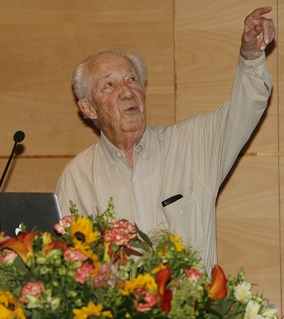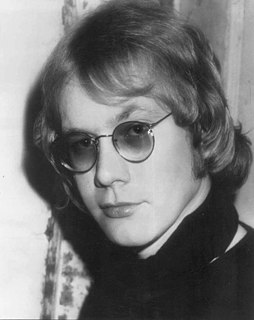A Quote by Christian de Duve
In spite of the advances of medicine, deathly epidemics are more menacing than ever before.
Related Quotes
There is a connection waiting to be made between the decline in democratic participation and the explosion in new ways of communicating. We need not accept the paradox that gives us more ways than ever to speak, and leaves the public with a wider feeling than ever before that their voices are not being heard. The new technologies can strengthen our democracy, by giving us greater opportunities than ever before for better transparency and a more responsive relationship between government and electors
Just as there are many more Californians now to be found in the temples of Kyoto or the villages of Bali or the mountains of the Himalayas than ever before, what is also exciting is that one can just go downtown Santa Barbara and find ayurvedic medicine, Thai restaurants, and Japanese cars in abundance.
People write because it seems like it'll be an easier job than carpet laying, that they might meet more girls. And they write because the world strikes them as being a marvelous place, and they want to keep bringing that to everybody's attention. You know ~ a scary place, a menacing place, an exciting place because it's scary and menacing. But mainly, kind of glorious.
The world has changed far more in the past 100 years than in any other century in history. The reason is not political or economic but technological-technologies that flowed directly from advances in basic science. Clearly, no scientist better represents those advances than Albert Einstein: TIME's Person of the Century.
There are not more than five musical notes, yet the combinations of these five give rise to more melodies than can ever be heard.There are not more than five primary colors, yet in combination they produce more hues than can ever been seen.There are not more than five cardinal tastes, yet combinations of them yield more flavors than can ever be tasted.



































